Revitalizing brownfields
Vision and investment for brownfield site redevelopment
Where others see risk, we see potential.
Founded in 2012, J. Jeffers & Co. has a strong track record of working effectively with municipal and state leaders, the U.S. EPA, and other community stakeholders to return some of the most challenging industrial brownfield sites to active and meaningful use.

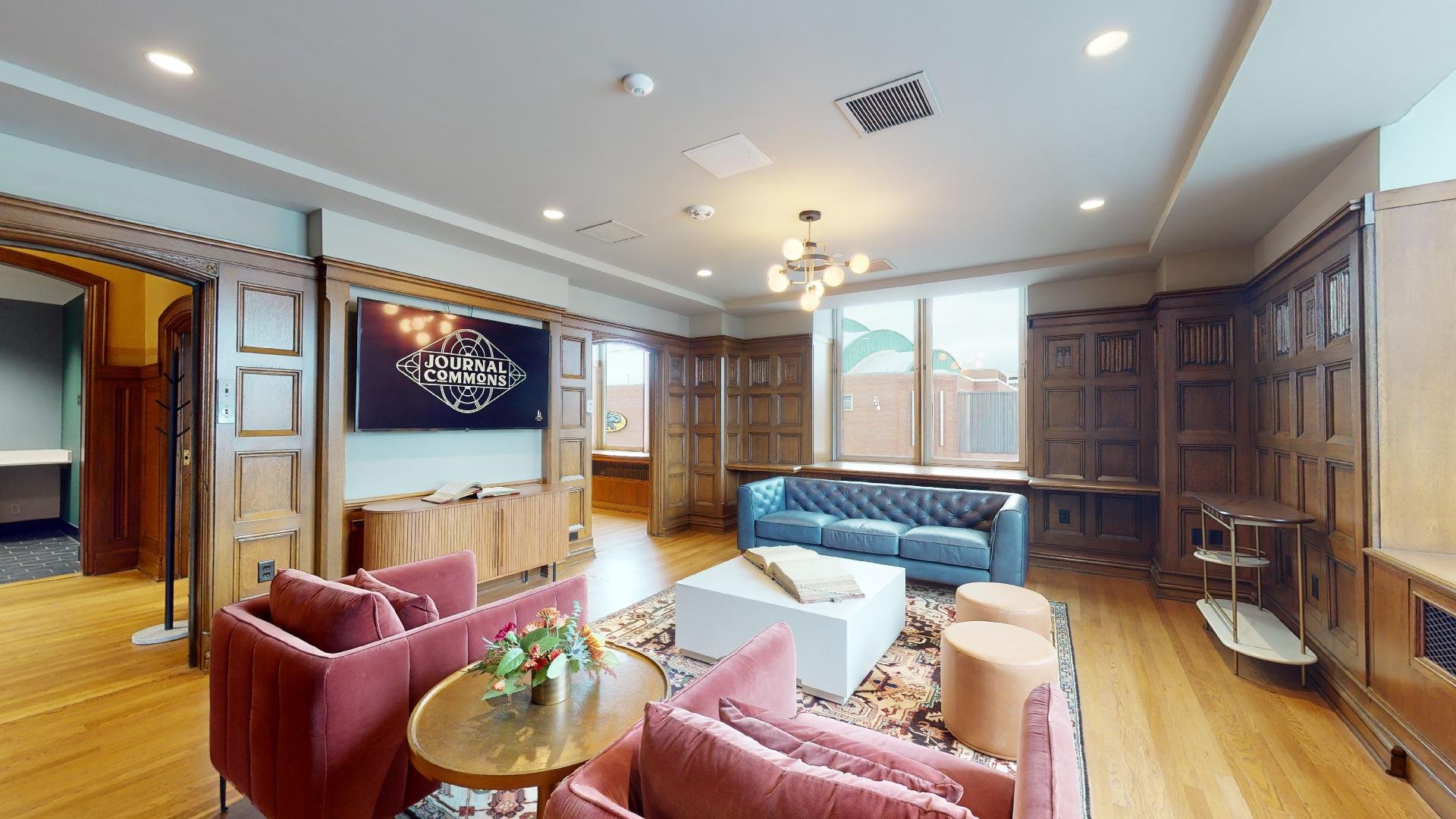
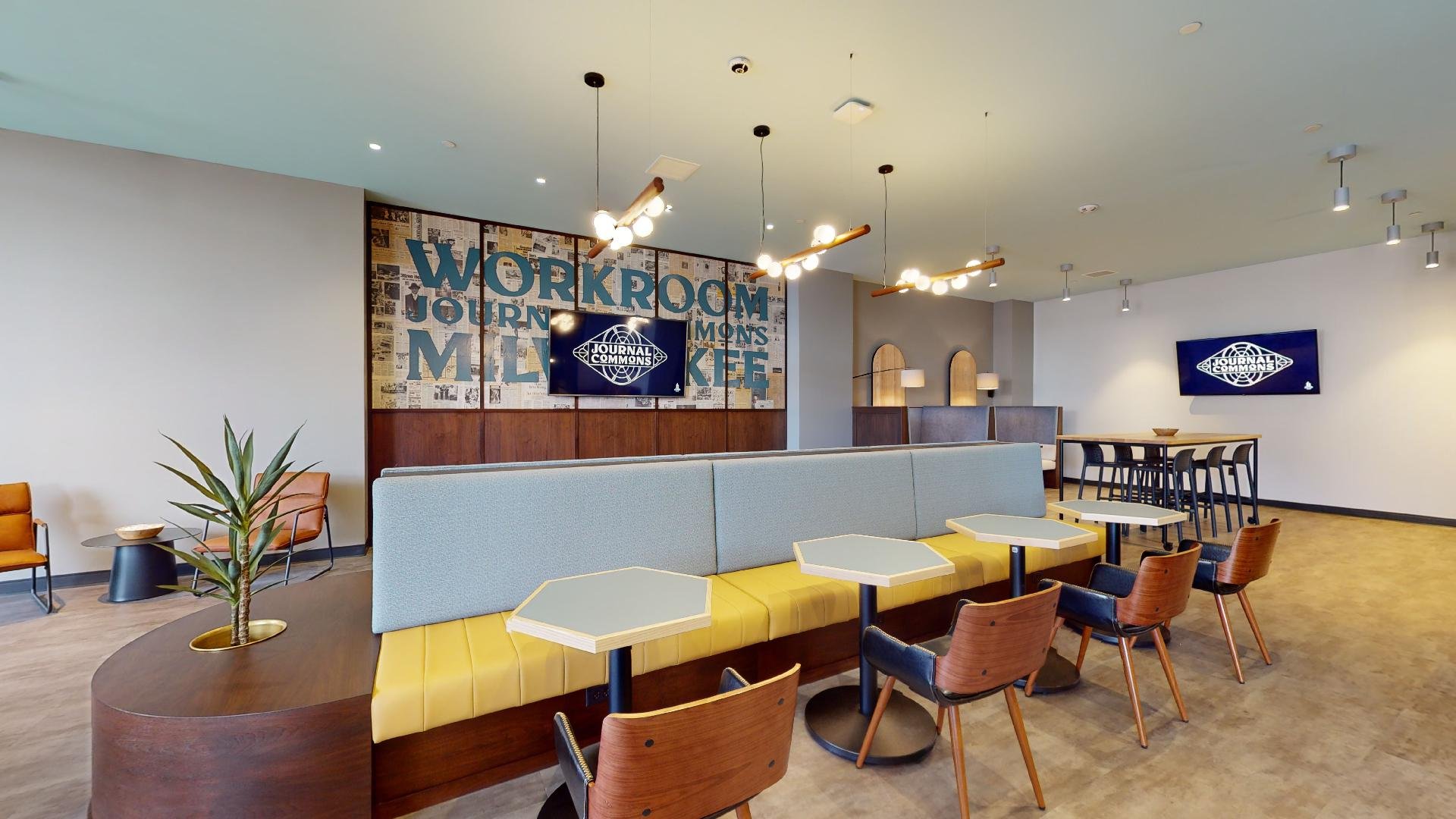
Journal Square Block
Milwaukee, Wisconsin | Completed
$35M mixed-use project in Milwaukee's vibrant Deer District
Adaptive reuse of the three-building former Milwaukee Journal Sentinel production campus as a community-centered downtown anchor
Partnerships include Milwaukee Area Technical College (student housing) and Seeds of Health Tenor High School
141 market-rate apartment units; estimated $20M annual resident spending impact *
Recipient of the National Trust for Historic Preservation's 2024 Richard H. Driehaus Foundation National Preservation Award

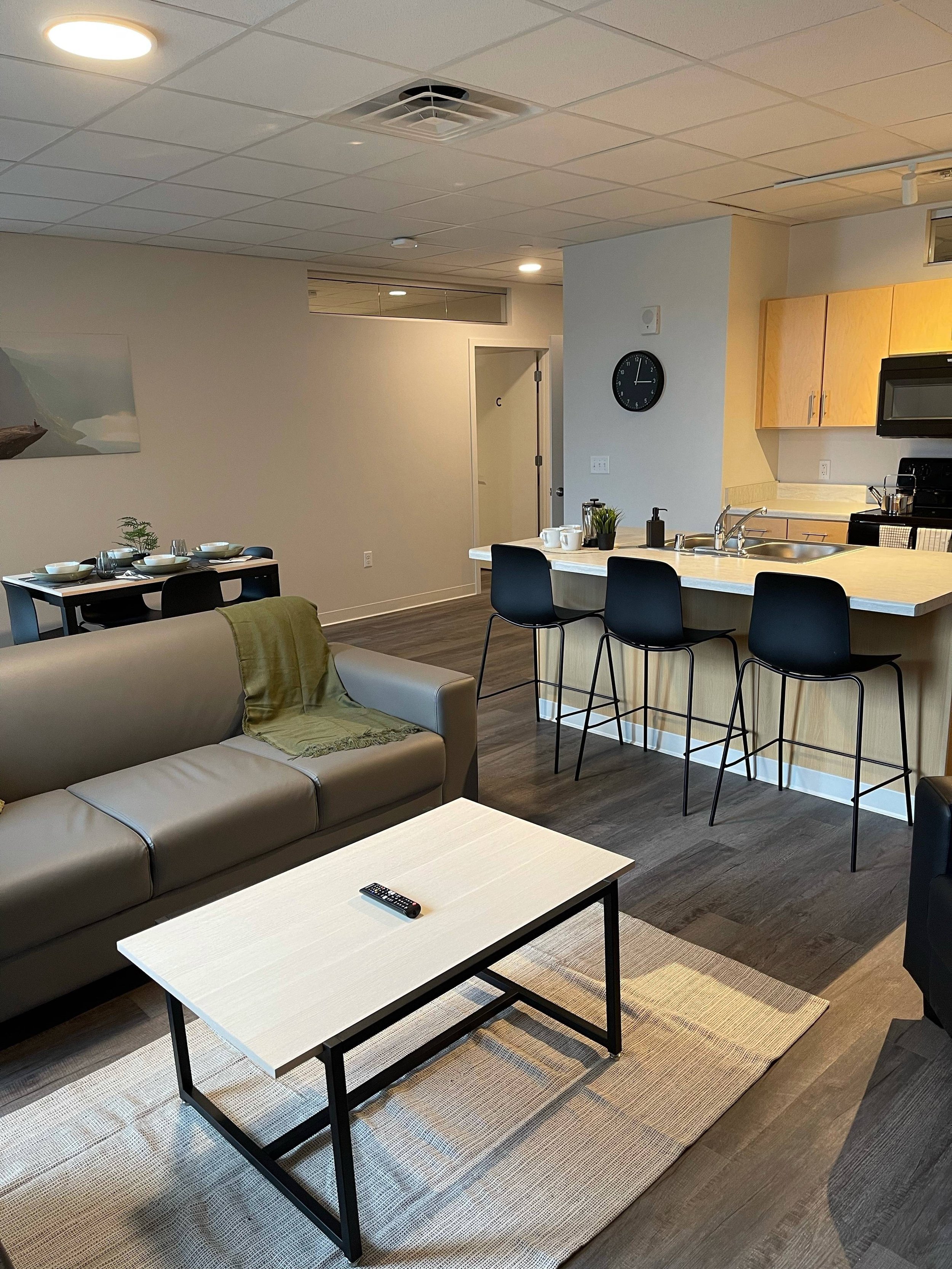
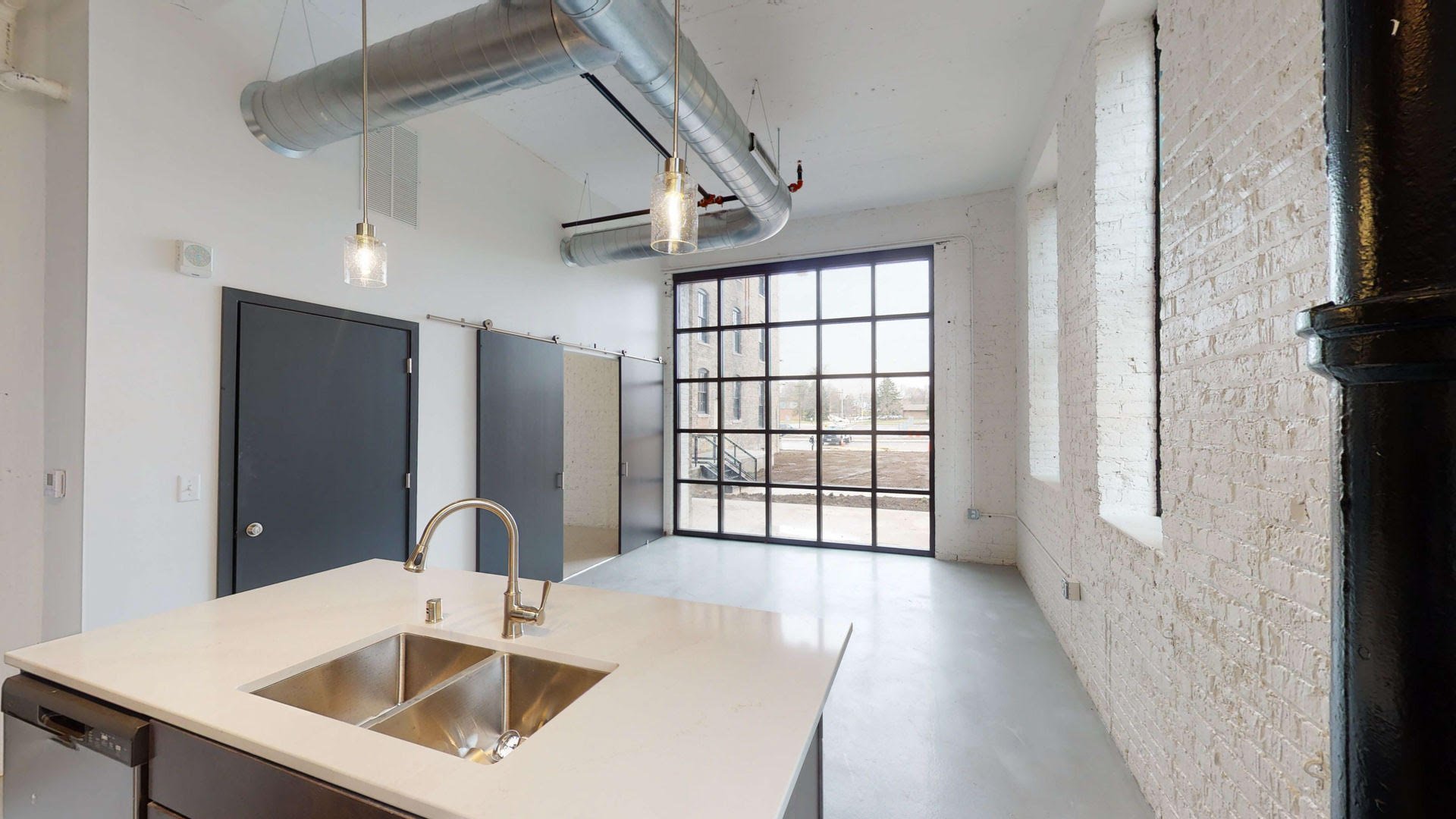
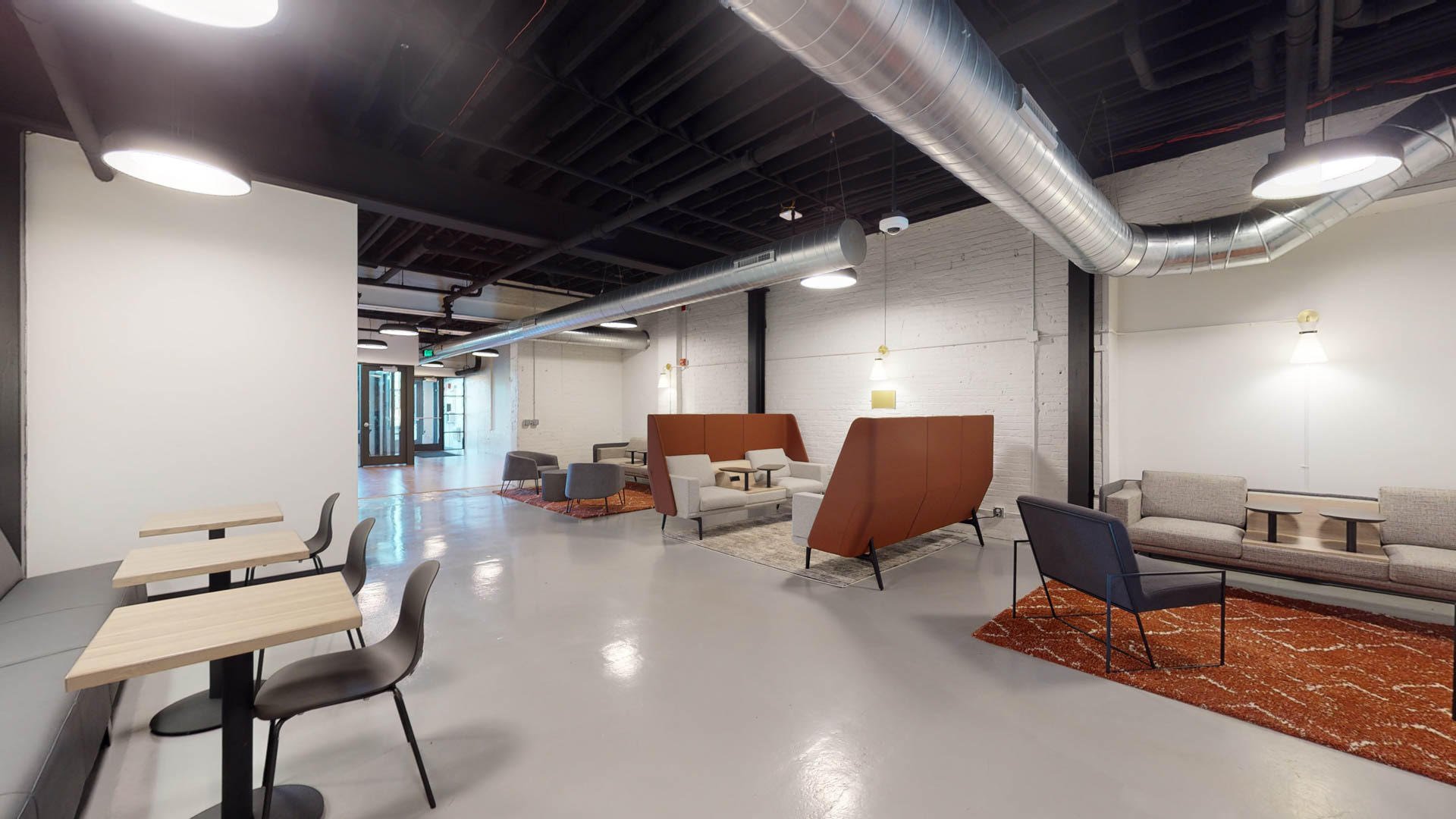



Belle City square
Racine, Wisconsin | Phase 4
$200M mixed-use historic rehabilitation/adaptive reuse of 16-acre former industrial campus
300+ mixed-income residential units delivered, 140+ within LEED-certified buildings
Estimated $29M annual resident spending impact *
More than 200,000 SF of new construction complements historic assets.
NMTC-powered, social impact-focused commercial space spurring quality job creation and economic mobility in designated redevelopment area






colman yards
Rockford, Illinois | Phase 1
$400M redevelopment/historic rehabilitation of a 26-acre former industrial campus
Master Plan calls for 964 residential units, 130,000 SF of commercial space, and 150,000 SF of public/riverfront green space
Transformative placemaking project within Rockford's dynamic South Main Corridor, a State of Illinois Cultural District
Our mission
J. Jeffers & Co. centers environmental sensitivity, social impact, and good governance in its community development practice.
Uniquely experienced and mission-driven, the firm takes a real estate development approach that supports historic preservation and adaptive reuse, infill development, housing accessibility, job creation, spatial justice, active and public transportation, stakeholder co-creation, economic mobility and resilience, and project accountability.
This work is grounded in serving under-resourced and distressed neighborhoods.
